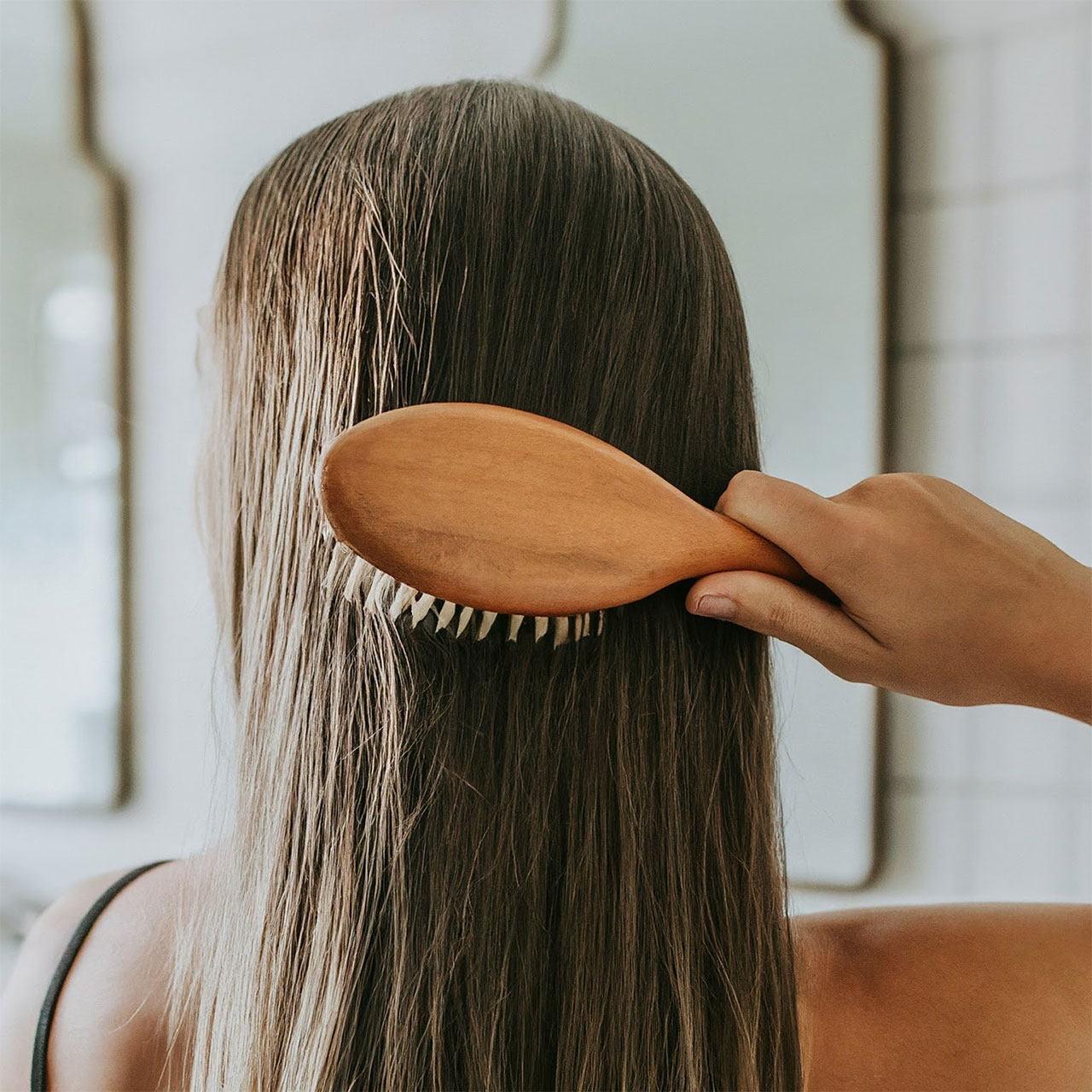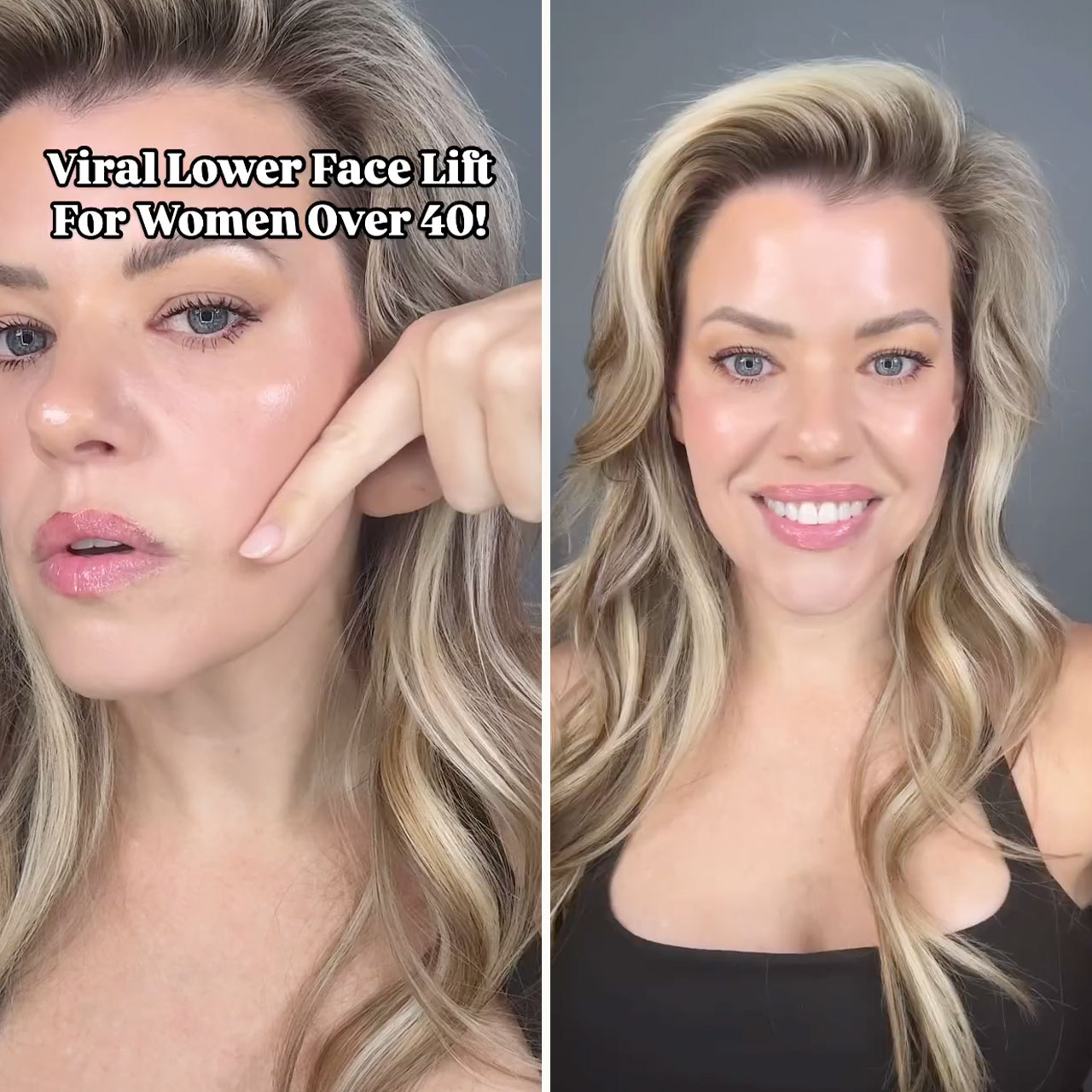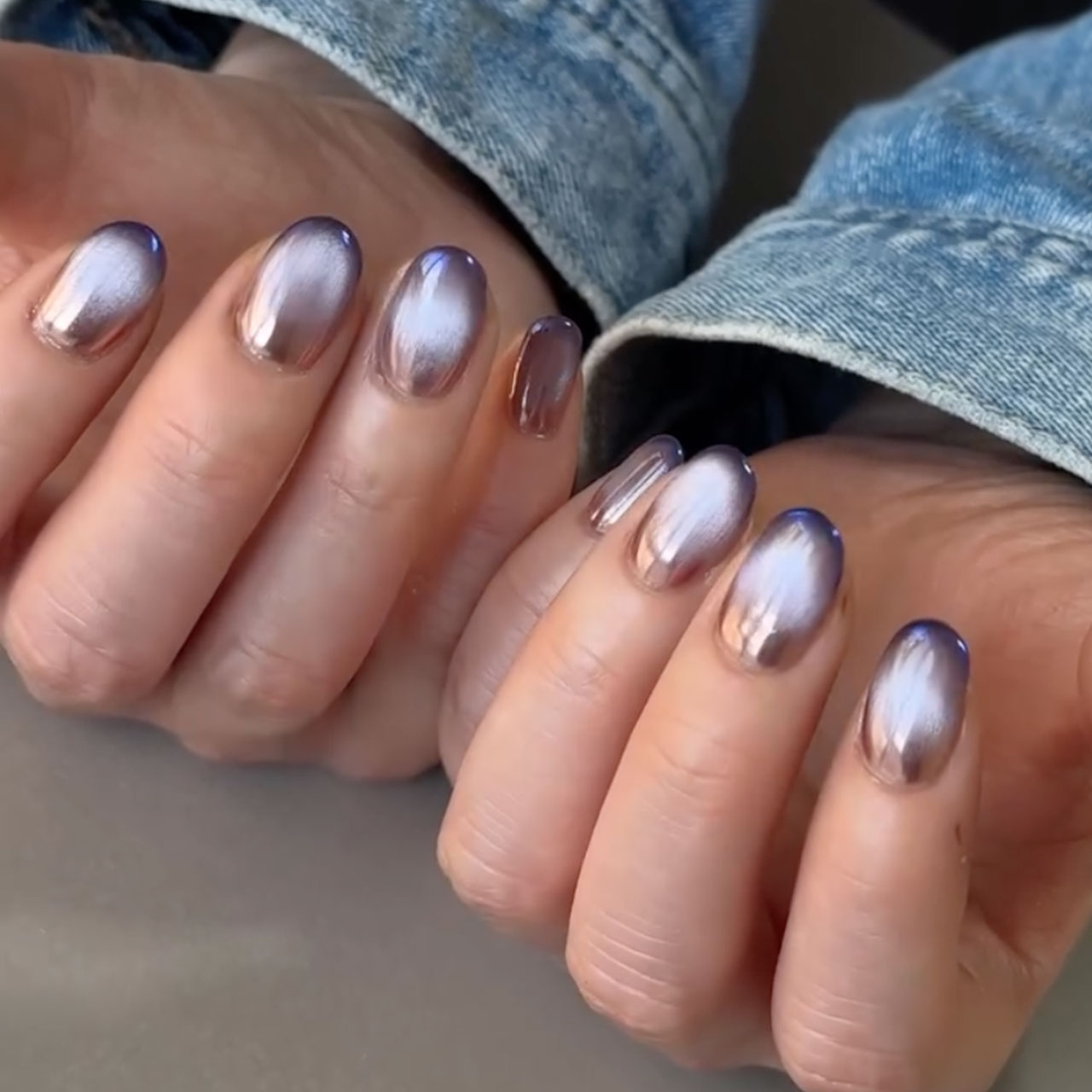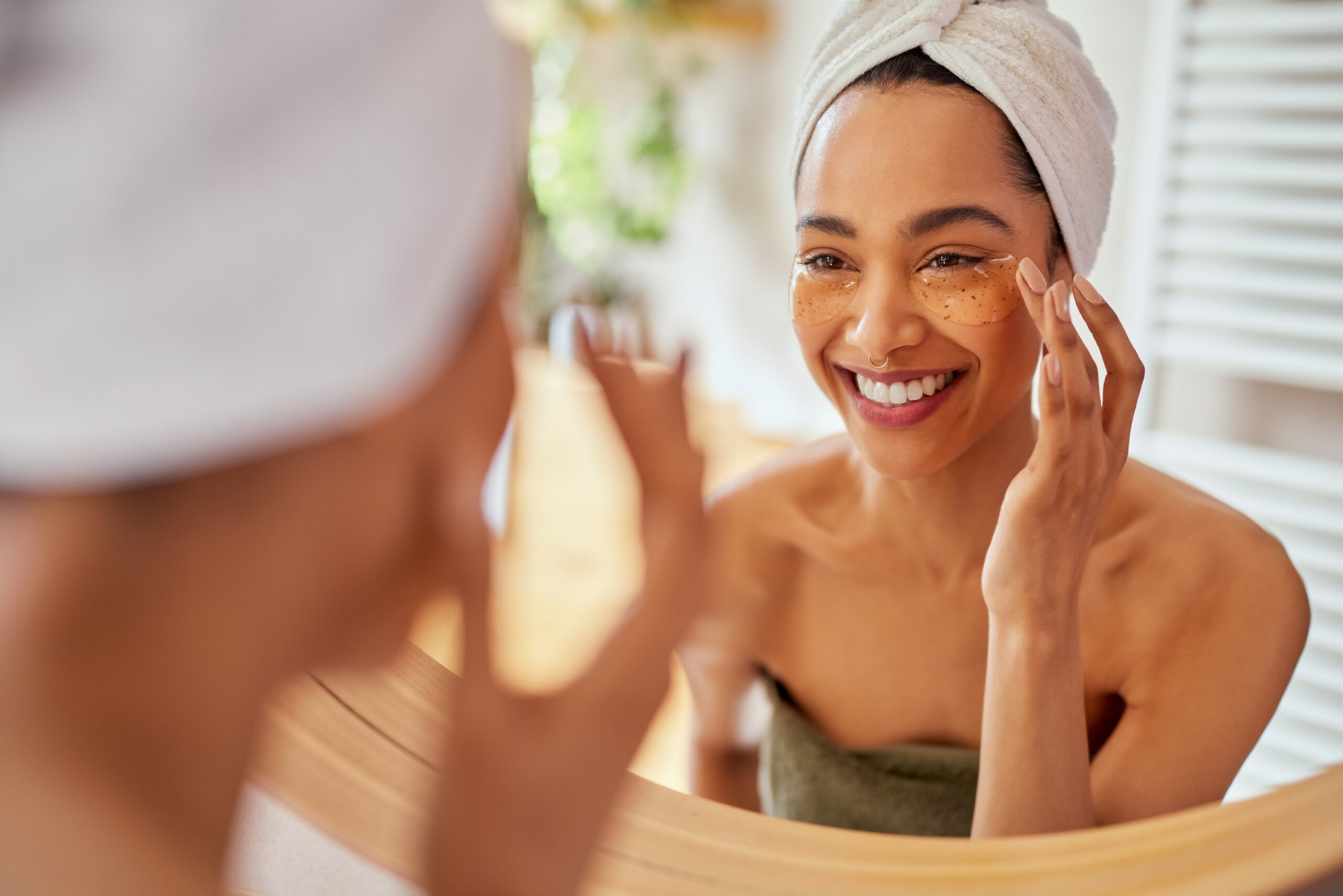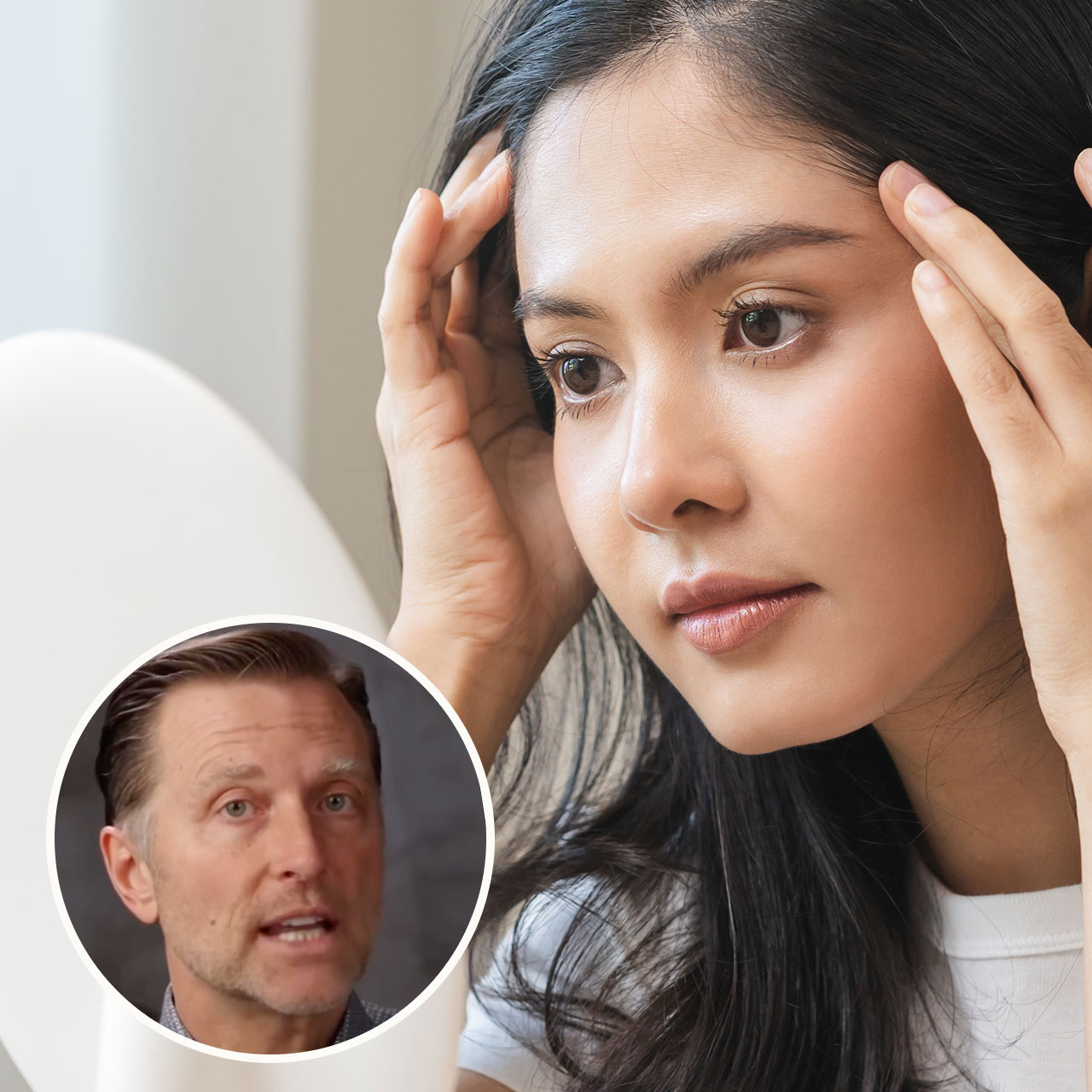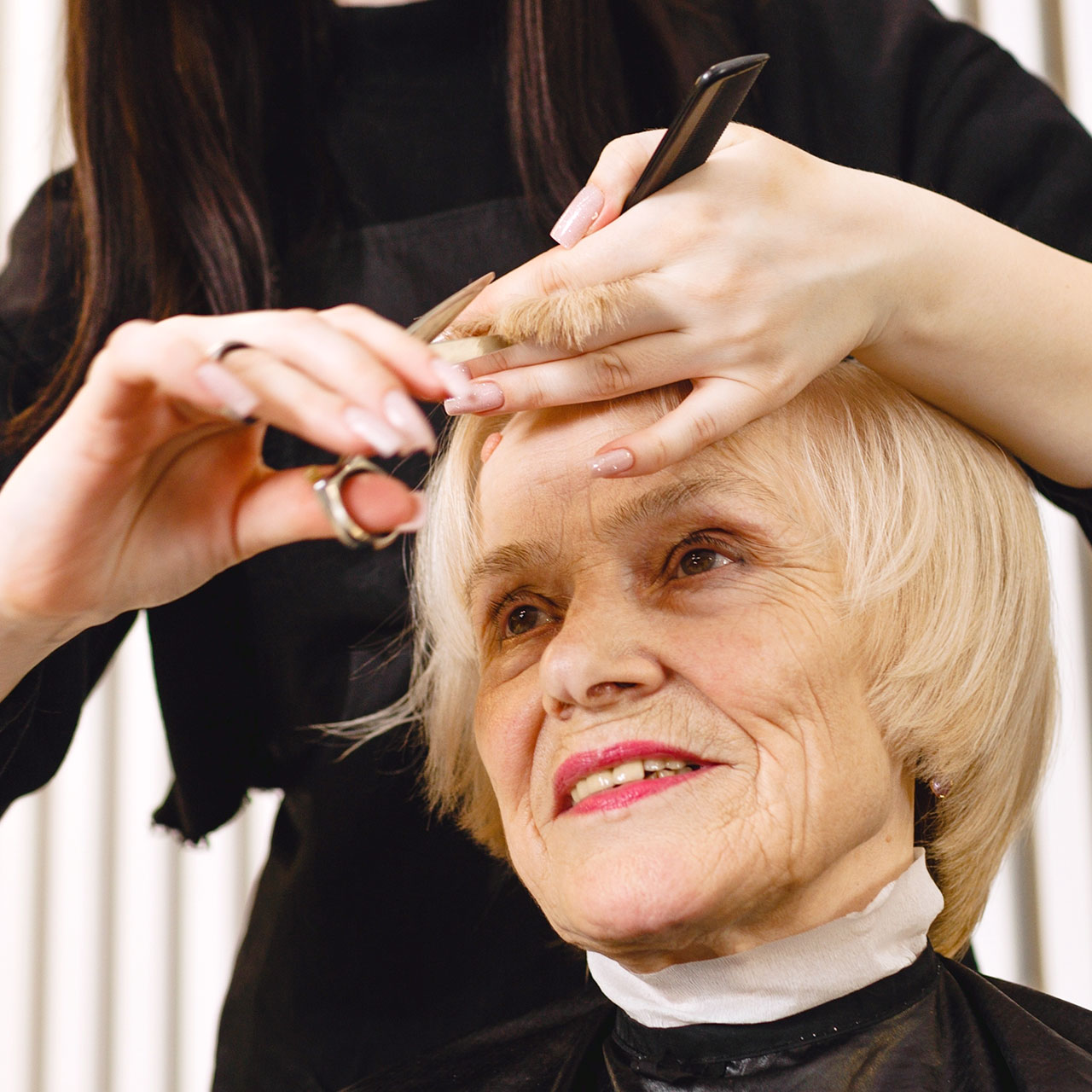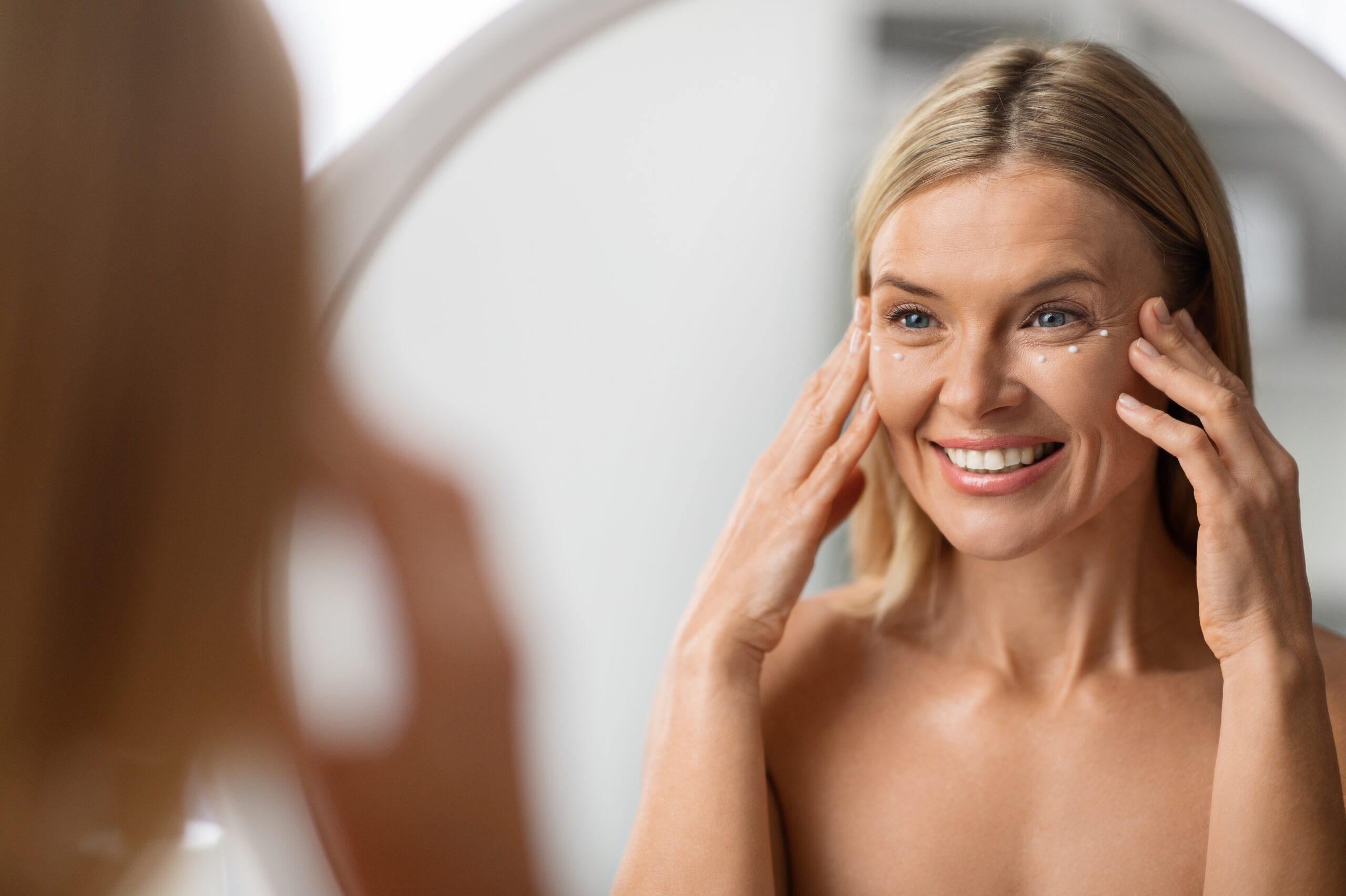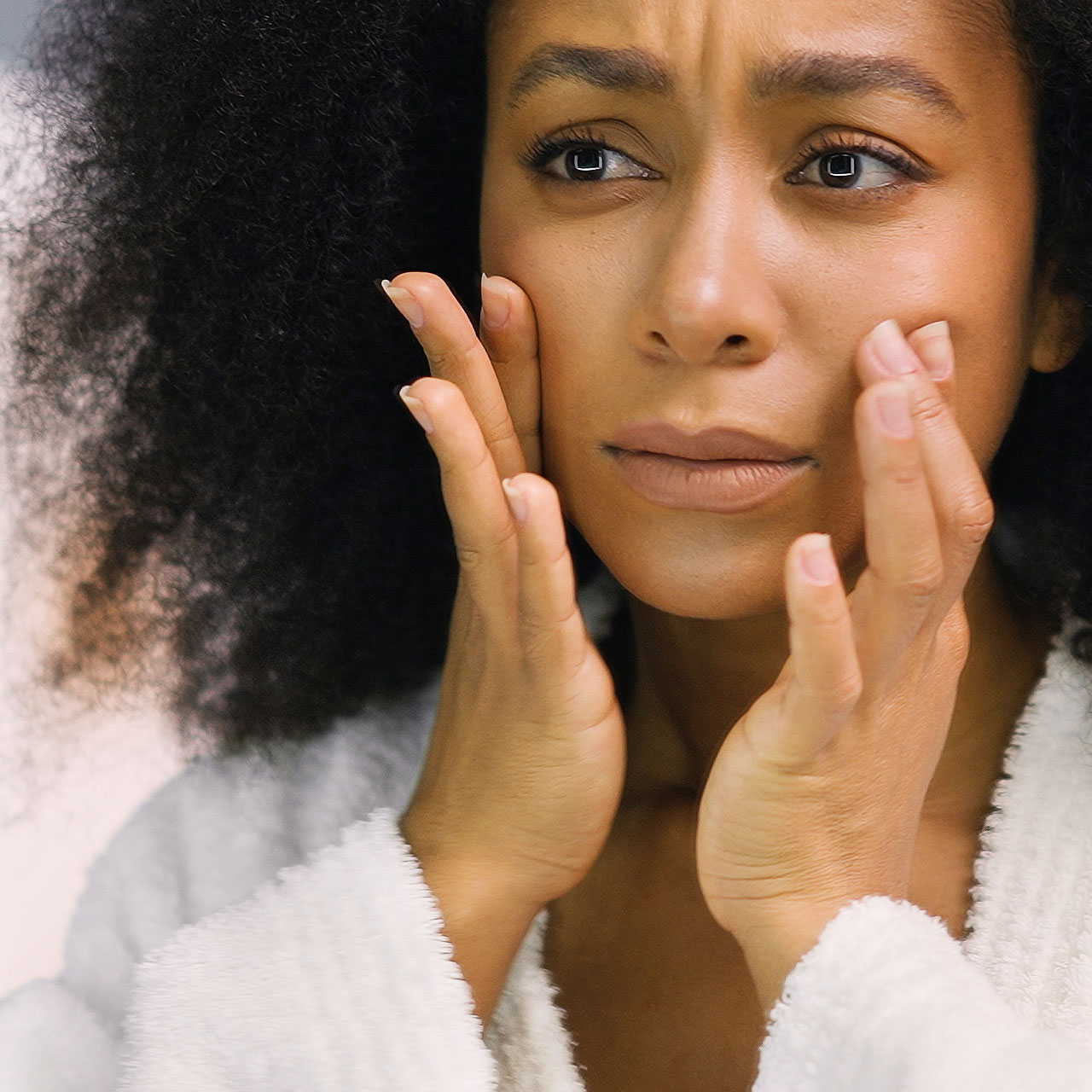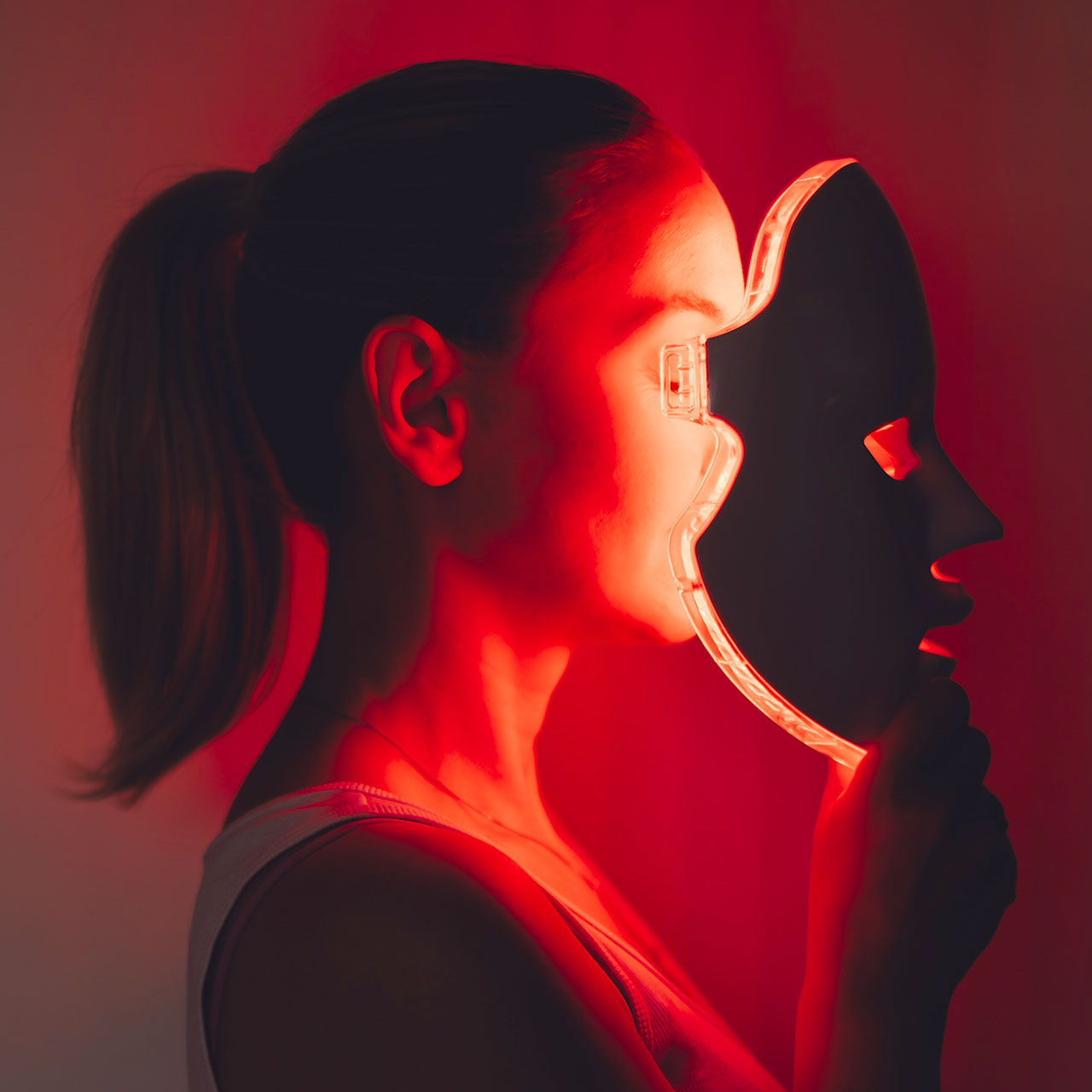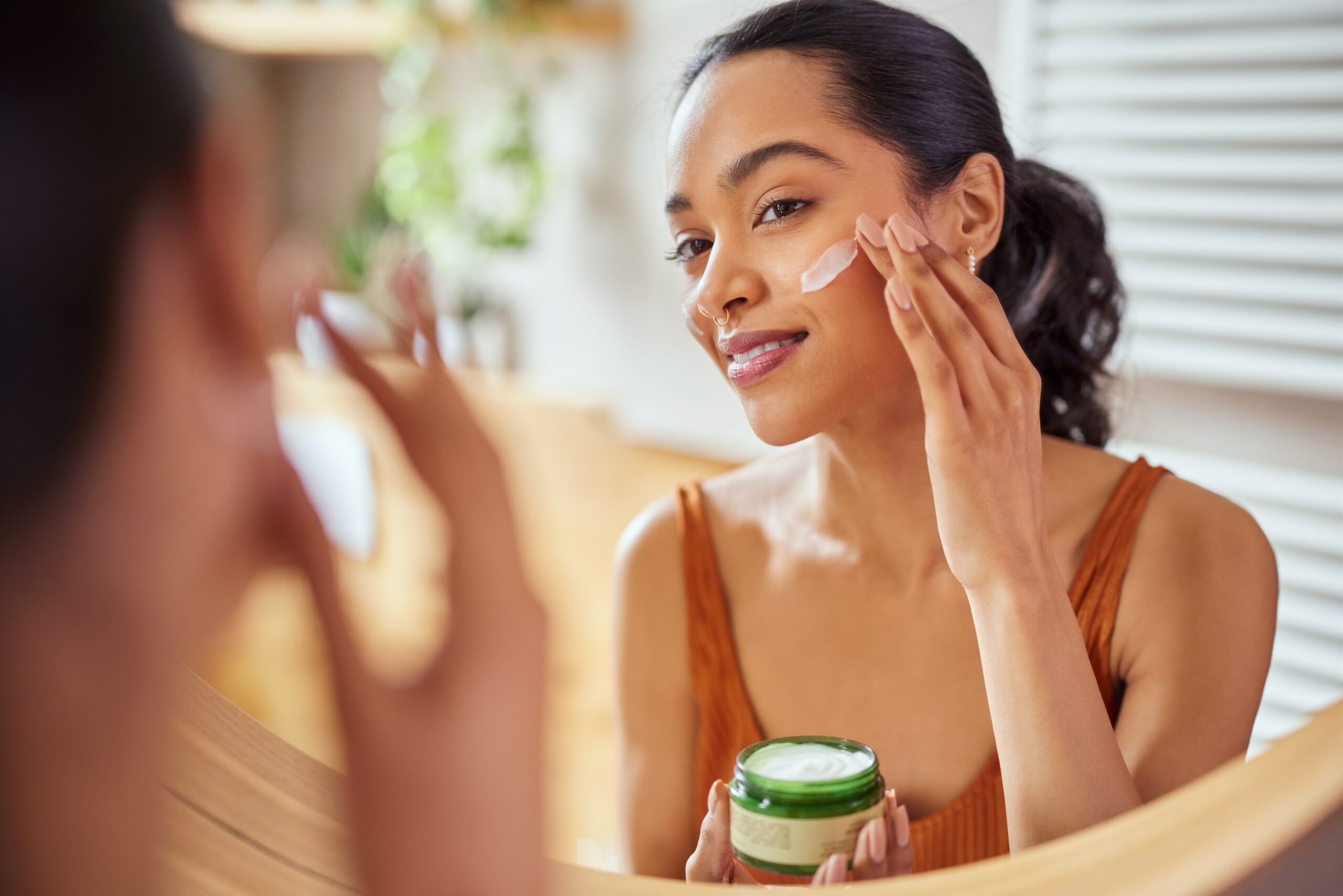Sun damage isn’t just limited to time spent outside. As doctors warn, UV rays can penetrate through windows and indoor lighting, which means that even if you’re staying indoors for most of the day, your skin is still susceptible to damage. Sun spots, wrinkles, and even skin cancer can all develop due to prolonged exposure to these rays.
We caught up with dermatologists and skincare experts to learn more about why sunscreen is just as important to wear indoors as it is outdoors, and the one reason why you may be developing sun spots if you’re not wearing it when inside.
Read on for tips, suggestions and insight from Dr. Elaine F. Kung, MD, board-certified dermatologist and founder of Future Bright Dermatology, and Dr. Simran Sethi, MD, skincare expert and founder of RenewMD Beauty & Wellness.

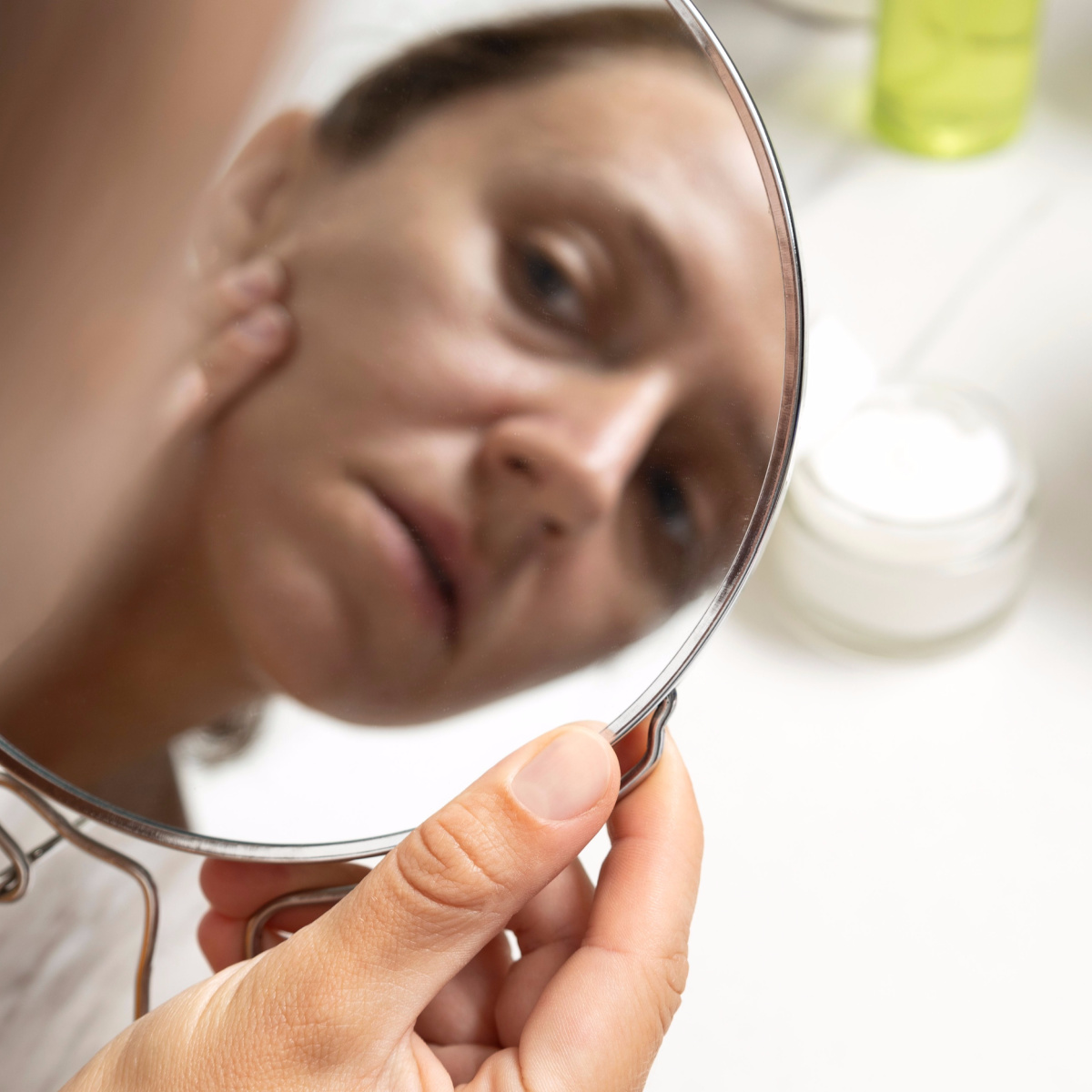
Risks of Indoor UV Exposure You May Not Know About
When the sun prematurely ages or damages the skin, Kung explains, this is called photoaging, and it can often lead to skin cancer. While you might already be aware of this, and wear sunscreen before heading outside to prevent it, you might not realize that it can still occur even while inside due to light that emanates through windows or screens.
"You should absolutely wear sunscreen indoors, especially if your place of work has a lot of windows and/ or computer screens," Kung says. The photoaging that can occur indoors has been "demonstrated by people who are working from home during the pandemic," she adds.
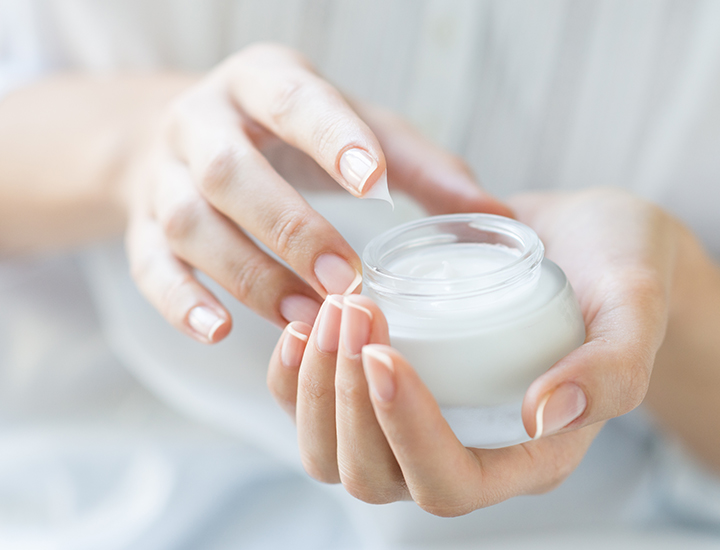
"Many of my patients report that they have not been out in the sun for months and experienced more pigmentary issues like brown spots, melasma, and rosacea than ever before," Kung continues.
"This pandemic photo damage is the result of sitting in front of blue screen devices for hours," she notes, as these rays are ones to watch out for. "Standard glass windows are only able to block UVB rays while UVA rays pass freely through," Kung says.
This, she stresses, means that if you are indoors, you are still exposed to harmful UVA rays if there are windows nearby.
"For example, one study found that people had more wrinkles, deeper crow’s feet, lower skin elasticity, and a duller and drier complexion on the side of their face that was exposed to light through a nearby window," she adds. "The DNA damage caused by UV radiation is from the production of free radicals (ROS)."
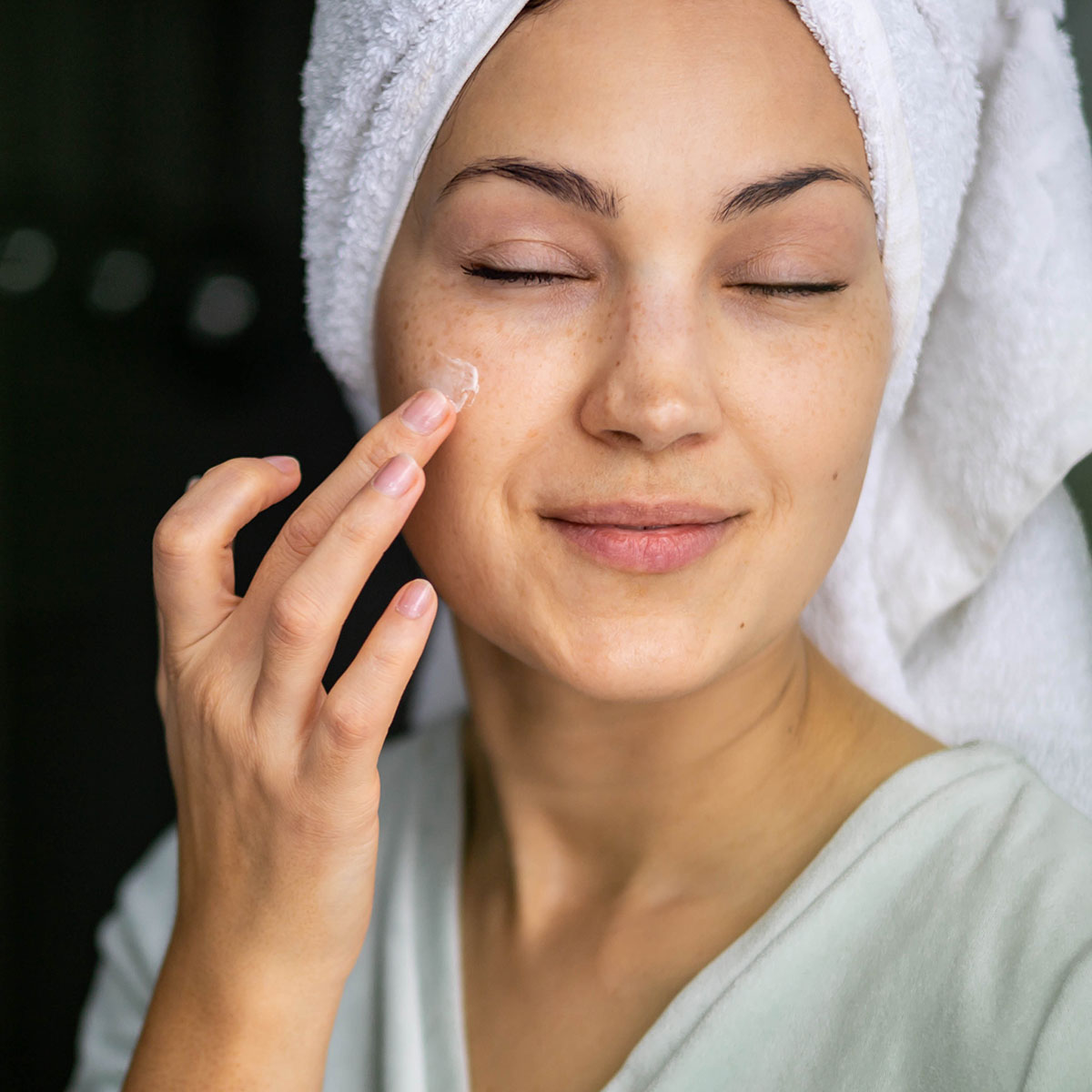
UV radiation isn’t the "only form" of solar radiation to cause the production of free radicals, Kung points out. "Both visible light and infrared radiation may cause free radical damage and contribute to skin aging."
Research suggests that excessive blue light exposure can lead to "cell abnormalities and cell death," Kung notes, "so the high energy visible (blue) light emitted from our computer and mobile phone screens can cause photoaging as well.
"If all this science doesn't convince you that sunscreen is important indoors, then another good reason to use sunscreen is that modern formulations of sunscreens are made with great anti-aging ingredients," Kung says.
With that said, we'll break down exactly which type of sunscreen to opt for to not only prevent your skin from sun spots and damage thanks to these rays, but to also promote graceful aging and hydration.
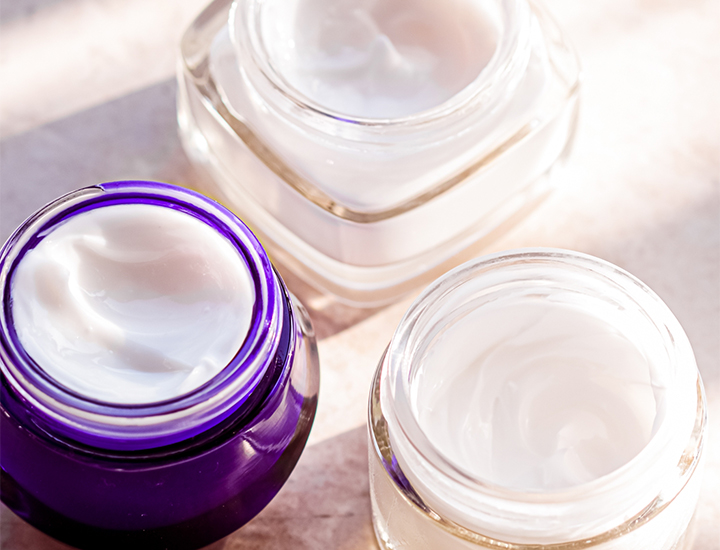
The Best Kind Of Protective Sunscreen: Mineral
Sunscreen, as Kung urges, should not only be broad-spectrum with UVA and UVB protection, but it should also contain blue light protection.
Sethi agrees, and notes that "blue light is abundant both outdoors and indoors, and over the last ten years, has been shown to cause skin aging at a deeper level, making blue light a significant contributor to dark spots."
Most sunscreens do not include blue light protection, Sethi warns, so "it is important to pay attention to what is being protected in addition to SPF and active ingredients."
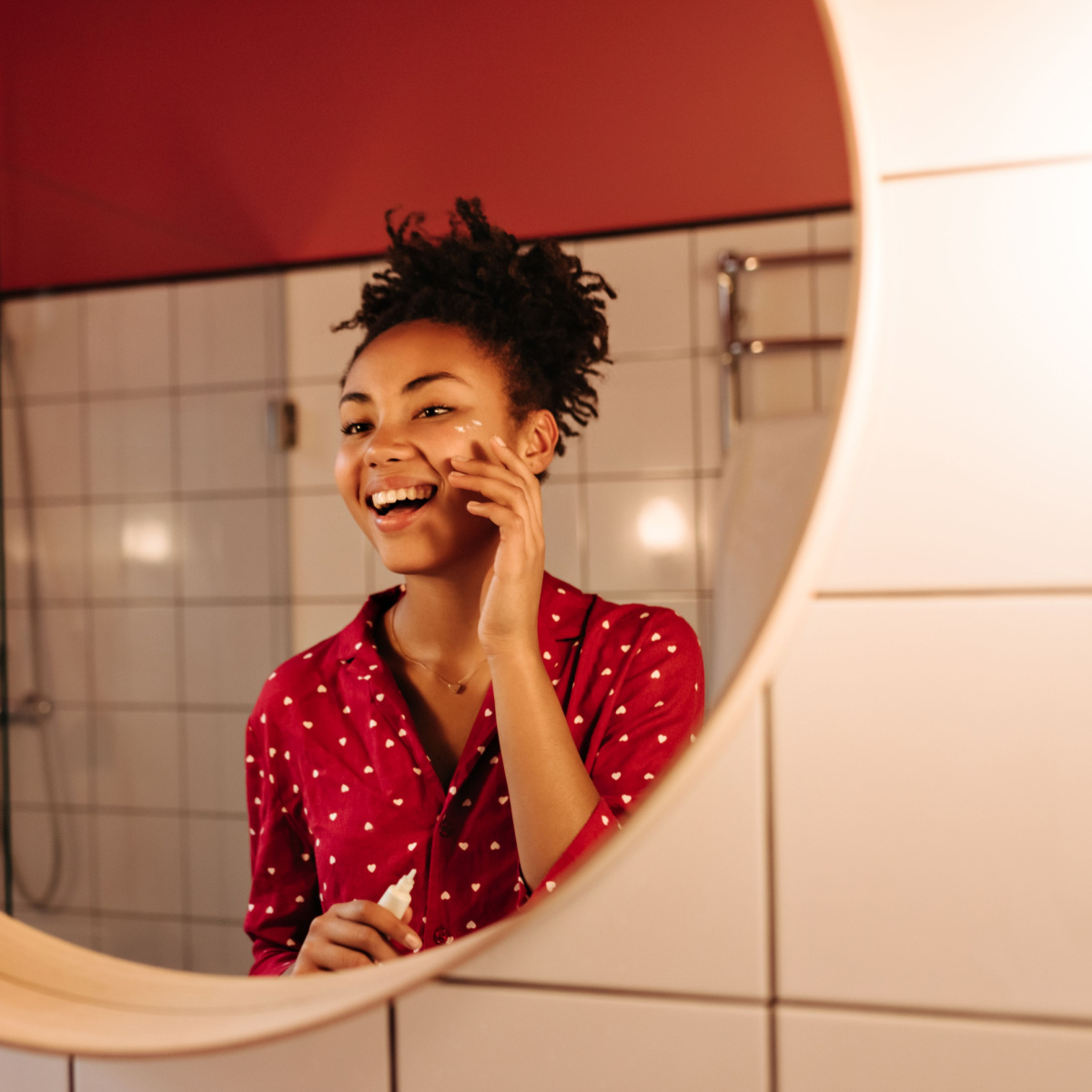
Ultimately, she recommends that sunscreen should be a "physical barrier containing zinc or titanium oxide at high concentrations" to provide optimal coverage and sun protection.
"I prefer sunscreens with a natural mineral, because they blend into the skin well, which makes people more willing to wear sunscreen," Sethi concludes.
Additionally, she says that physical barrier sunscreens start protecting your skin "as soon as they are applied," versus physical barrier ones that take about "30 minutes to absorb into the skin before becoming active."
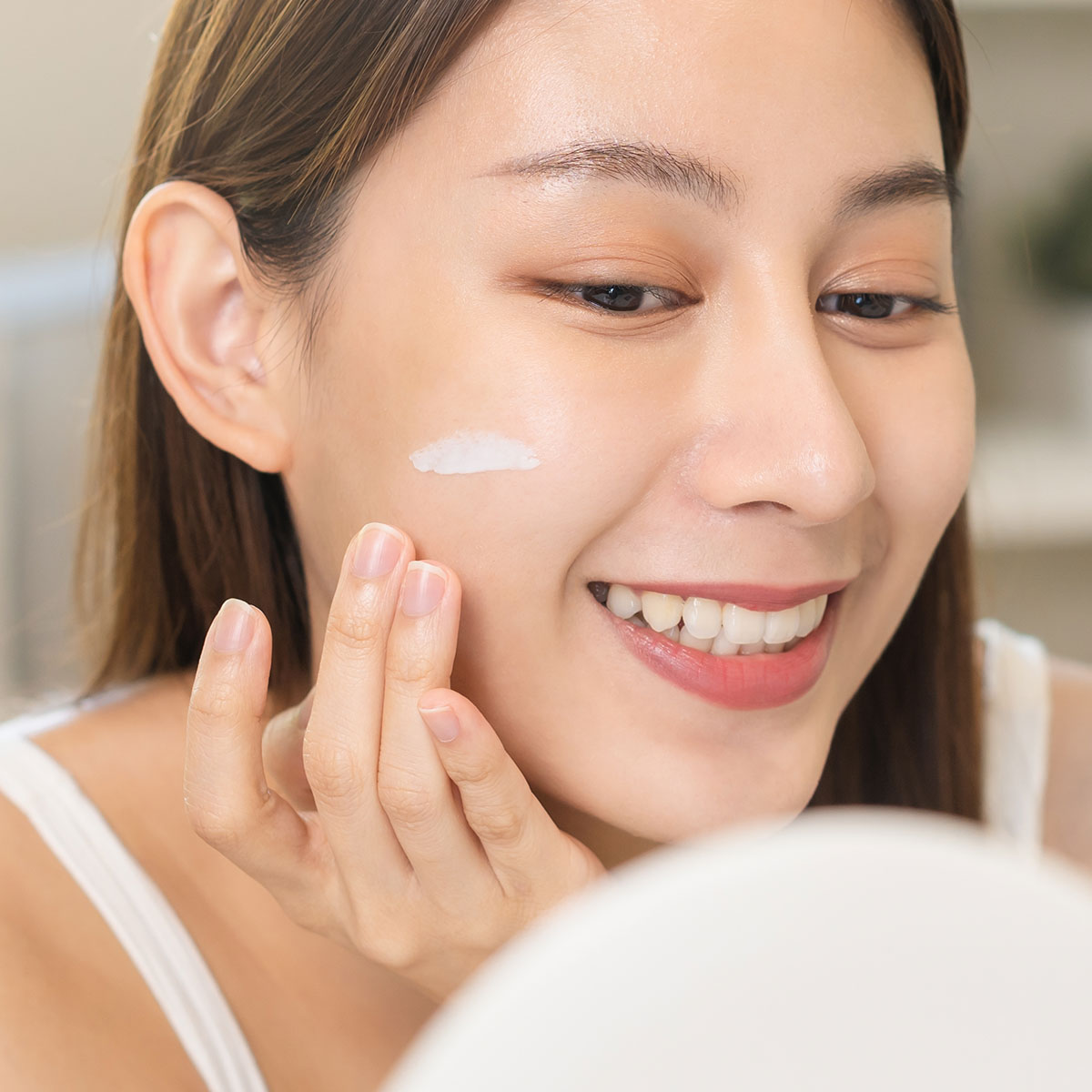
Kung notes that mineral sunscreens work "even better at protecting our skin from photoaging when combined with iron oxides and antioxidants."
Therefore, she suggests selecting "formulated sunscreens with antioxidants" such as vitamin C, vitamin E, and niacinamide. Good to know!


